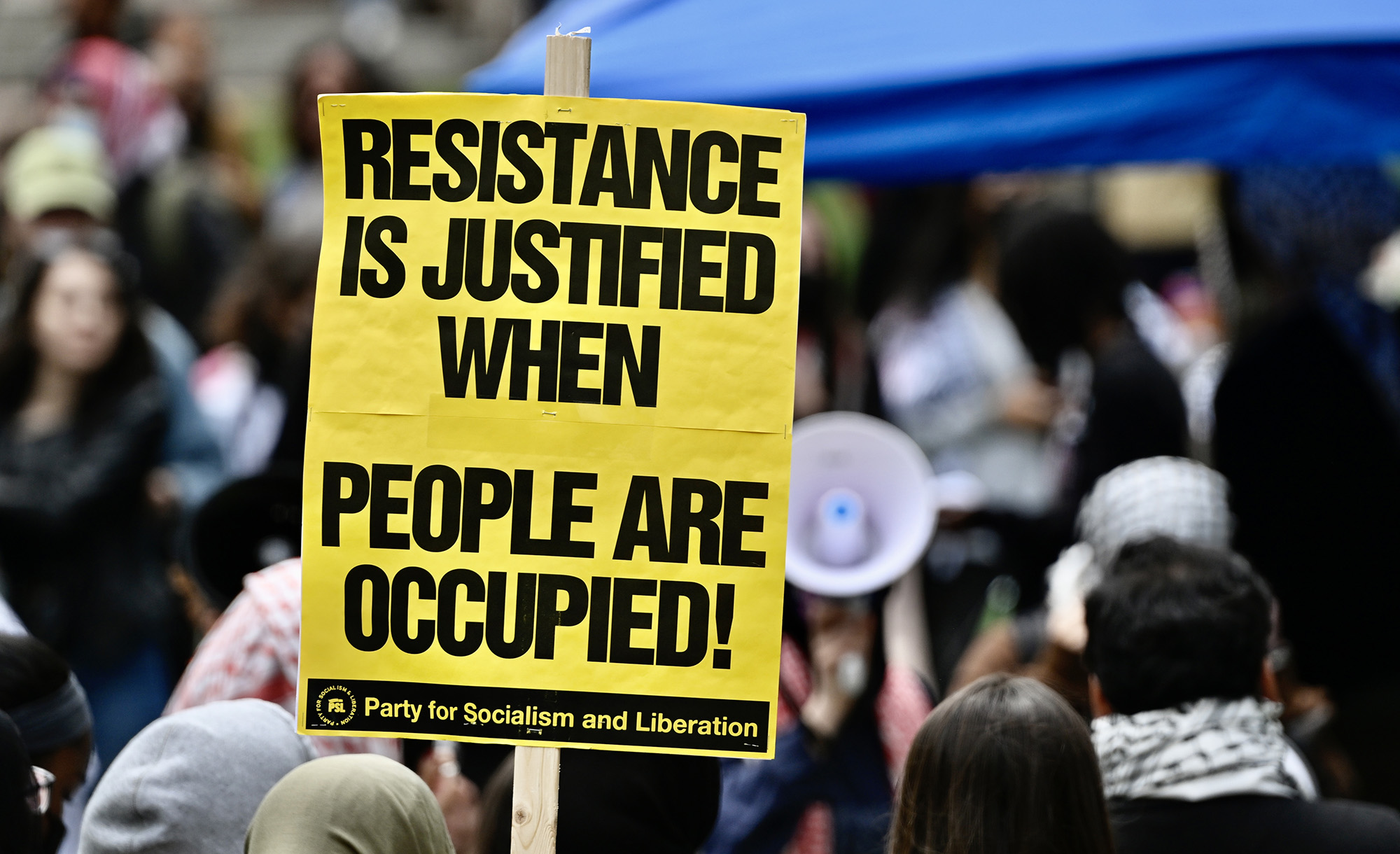Podcast: Meir Soloveichik
Next week, Jewish families will sit at their seder tables and relive the drama of Jewish liberation from Egyptian oppression. The text used, the Haggadah, is one of the most widely read works of the rabbinic tradition. It has an inescapably national aspect, and its main themes, when seen in the right perspective, suggest to the rabbi Meir Soloveichik that it can be understood as a preeminent work of Jewish political thought: freedom and oppression, covenant and constitution, state and society, the nature of law and the dreams of a people.
Soloveichik discusses that and more here, in the first lecture in his eight-part course, “The Haggadah: A Political Classic,” which is available in full at meirsoloveichik.com.
Musical selections in this podcast are drawn from the Quintet for Clarinet and Strings, op. 31a, composed by Paul Ben-Haim and performed by the ARC Ensemble.
More about: Haggadah, Passover, Religion & Holidays







